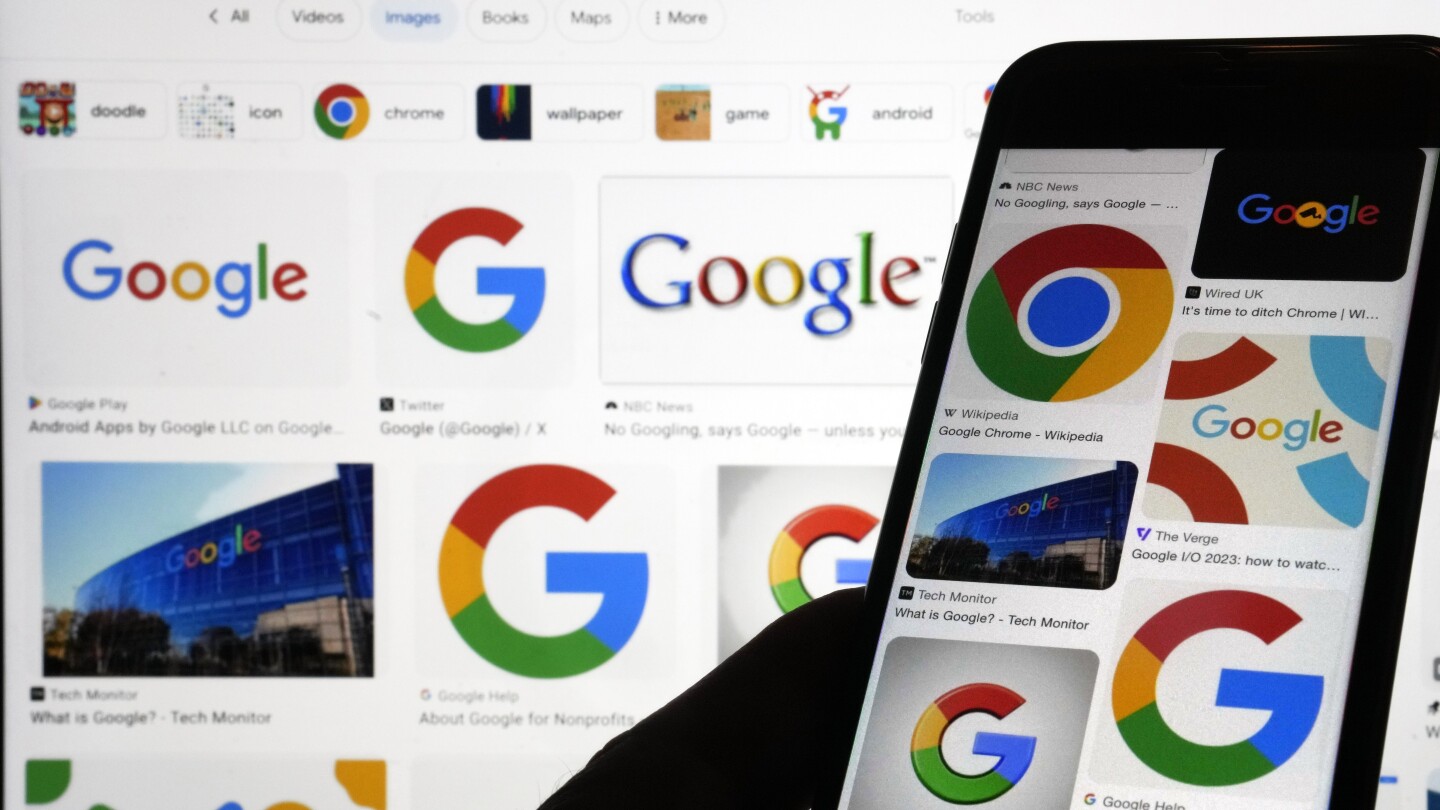Google Fights Back: The Battle Over Play Store Monopoly Claims
In a pivotal moment for the tech industry, Google is gearing up for a significant legal battle to contest a recent jury verdict that branded its Play Store as an illegal monopoly. This case, which has already captured the attention of legal experts, consumers, and tech enthusiasts alike, could have far-reaching implications for digital marketplaces and the regulatory landscape of the technology sector. As the stakes rise, the question remains: how will this fight shape the future of online platforms and competition?
The Background of the Monopoly Claims
The heart of the matter began when a group of developers accused Google of abusing its dominant position in the mobile app market through its Play Store. They claimed that the tech giant’s practices stifle competition, inflate prices, and unfairly limit the options available to consumers. According to the plaintiffs, Google’s policies, including the mandatory use of its billing system for in-app purchases and high commission rates, constitute monopolistic behavior.
In a stunning turn of events, a jury sided with the plaintiffs, concluding that Google’s control over the Play Store indeed violated antitrust laws. This verdict sent shockwaves through the tech community, prompting discussions about the power dynamics inherent in digital marketplaces. Google, however, maintains that its practices are not only legal but also beneficial to consumers and developers alike.
Google’s Appeal Strategy
In response to the jury’s decision, Google has announced its intention to appeal the verdict. The company argues that the Play Store provides a safe and efficient platform for developers to reach millions of users. Google asserts that its policies ensure a high standard of quality and security, which ultimately benefits consumers. The appeal process will likely involve extensive legal arguments, focusing on several key points:
- Consumer Choice: Google contends that the Play Store is just one of many distribution channels available to developers, allowing them to choose how they want to reach consumers.
- Market Competition: The company highlights the competitive landscape of mobile apps, noting that alternatives like the Apple App Store, Amazon Appstore, and various third-party platforms coexist alongside its offering.
- Innovation and Investment: Google insists that its policies foster innovation by providing developers with tools, resources, and a secure environment to build and distribute their apps.
Legal experts suggest that Google’s approach will hinge on demonstrating that its business practices do not significantly harm competition or consumer welfare. If successful, this could set a precedent that protects dominant tech firms from similar claims in the future.
The Broader Implications of the Case
This legal battle is not just about the Play Store; it reflects a growing scrutiny of big tech companies and their influence over digital marketplaces. The outcome could influence future legislation and regulatory measures aimed at curbing monopolistic behavior in the tech industry. Here are several potential implications:
- Regulatory Changes: A ruling against Google could embolden regulators worldwide to impose stricter rules on how tech giants operate, potentially leading to more favorable conditions for smaller developers.
- Consumer Impact: If the courts uphold the jury’s verdict, consumers could benefit from lower prices and more choices, as developers would have more freedom to innovate and compete.
- Market Dynamics: The case could lead to a shift in how digital marketplaces are structured, encouraging more open ecosystems that prioritize consumer choice and developer independence.
The Role of Developers and Consumers
The voices of developers and consumers are crucial in this ongoing debate. Many developers express frustration over the high fees associated with the Play Store and the limitations imposed on their ability to reach users. These sentiments reflect a broader dissatisfaction with the current state of the app economy, where a few dominant players hold significant power.
On the other hand, consumers often appreciate the convenience and security provided by established platforms like the Play Store. They are generally willing to accept certain trade-offs, such as higher prices, in exchange for a reliable and user-friendly experience. This presents a complex challenge for regulators: balancing the interests of consumers who value security and convenience against those of developers seeking greater freedom and lower costs.
A Future of Digital Marketplaces
As Google fights back in court, the outcome of this case could redefine the landscape for digital marketplaces. A victory for Google could reinforce the status quo, allowing it to maintain its practices without major changes. Conversely, a ruling in favor of the plaintiffs could catalyze a wave of reform across the industry, inspiring other developers to challenge similar practices by dominant platforms.
This case demonstrates the intricate balance of power in the digital economy. It serves as a reminder that as technology evolves, so too must our understanding of competition and consumer rights. The legal industry is watching closely, as the implications of this case extend beyond Google and the Play Store, affecting how all tech companies engage with developers and consumers moving forward.
Conclusion: A Critical Moment for Big Tech
The battle over Play Store monopoly claims is not just a legal dispute; it’s a critical moment that could reshape the future of digital marketplaces. As Google prepares to make its case, stakeholders from all sides are bracing for what this verdict could mean for the tech industry at large. Whether this appeal results in a reaffirmation of Google’s practices or a significant shift towards a more competitive digital ecosystem remains to be seen.
This ongoing saga underscores the importance of vigilance in the face of corporate power and the need for a fair playing field in the tech arena. As consumers and developers alike await the next chapter in this unfolding story, one thing is clear: the outcome will be pivotal in defining the relationship between technology giants, their customers, and the regulatory frameworks that govern them.
See more Future Tech Daily

